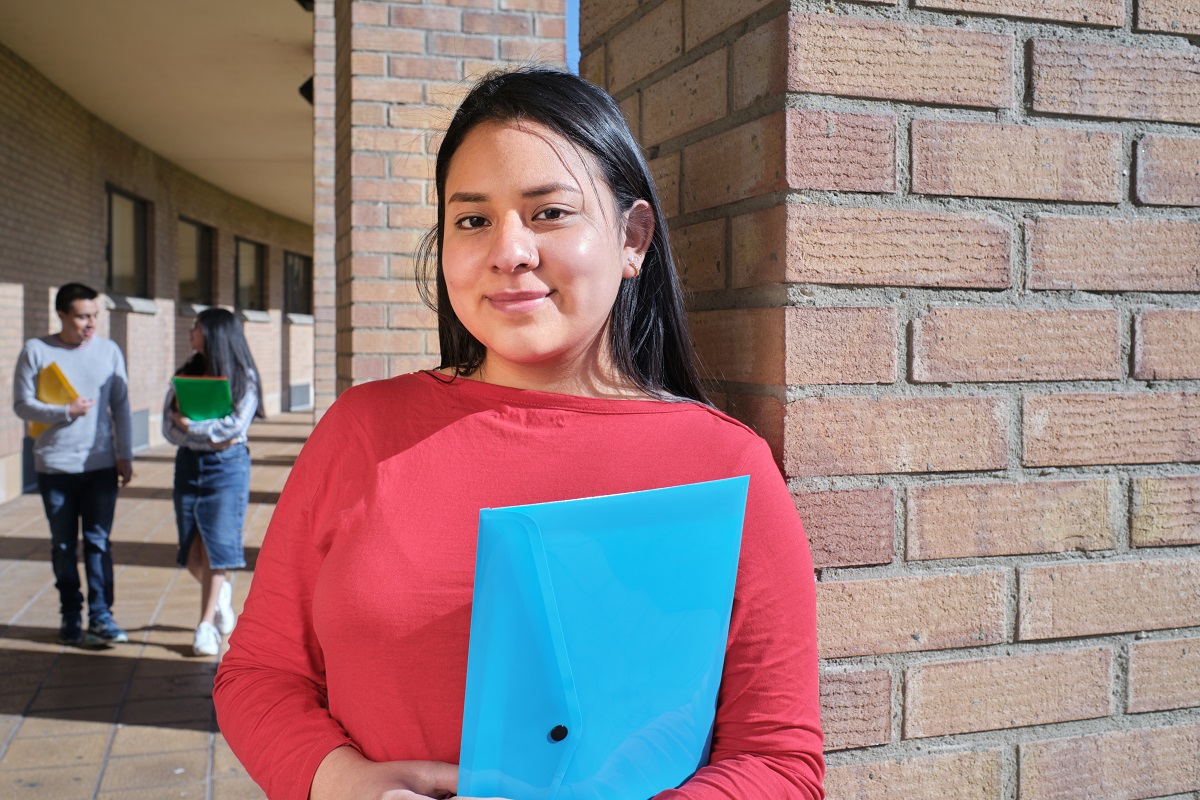Whatever your career objectives, you’ll surely get an excellent education and the opportunity to participate in cutting-edge research while taking classes in Switzerland.
With many top-ranked universities, Switzerland is one of the 20 wealthiest nations on earth and among the most secure in Europe.
Once you’ve been accepted at an institution, the following step would determine whether you require a student visa to Switzerland. Do not worry. The application process is as easy as it gets. Swiss watches are reliable and precise.
1. Apply to a Swiss university and obtain an acceptance letter
If you’re not sure which city you’d like to study in Switzerland, it is your responsibility to decide before you begin the application. If you are accepted at a Swiss institution, you’ll be issued an acceptance letter required to apply for a visa.
Take a look at some of the top institutions located in Switzerland:
- University of St.Gallen (HSG)
- Universite della Svizzera Italiana
- Geneva Business School
- Sustainability Management School (SUMAS)
- Robert Kennedy College
- University of Neuchatel
2. Check if you require an entry visa to study in Switzerland
We’ll first look at the students who require either a visa or an admission permit to go to the Swiss school:
- Students from the European Union (EU) don’t require a visa if they intend to stay for 90 days. For more extended stays, the students must contact the relevant Cantonal Authority and apply for a Residence permit 14 days after arriving in Switzerland.
- Students from EFTA Countries (Iceland, Liechtenstein, Norway) are subject to the same regulations as EU students. However, they need the authorization to stay for longer durations. Visas are not required for stays of less than three months.
- Students from non-EU/EFTA nations require an entry visa to travel to Switzerland. The application can be made for a ticket at the local Swiss consulate or embassy in their country of origin. Once they have arrived in Switzerland, they will also have an order to get a residency permit.
Students from non-EU/EFTA countries can apply for two kinds of visas.
- Short-term visa (up to 90 days, Schengen visa): when you intend to attend a short course or study a language course. It is possible to submit your short-term visa application on the internet.
- Longer-term visa (over 90 days National Visa): for those who plan to pursue at a full-time level. It is possible to submit a long-term visa in person or at the local Swiss consulate or embassy in your home country.
The permit to stay in residence will be valid for the period of your studies or a year. Be sure to apply for renewal at least two weeks before expiry! It is possible to renew the permit until you complete your academic program.
3. Where and when to apply for your Swiss Visa?
Suppose you require a visa for a long-term period. In that case, you must make an appointment with the Swiss consulate or embassy in your local area immediately after receiving an acceptance letter from your Swiss university. Make an appointment to have a visa interview at least six months before you begin your studies in Switzerland but not longer than ten weeks before the date of departure.
If the application form and all required documents are written in French, German, or English, you’ll need an official document translation into any three languages.
Processing time:
- Short-stay visas: 10-15 days
- Visas for long-stay At least 8-10 weeks
4. The language requirements to study in Switzerland
There aren’t any specific language requirements for the Swiss visa. However, universities will require proof of proficiency in a language to be able to grant you a visa. This evidence is typically sufficient for Swiss consular officers.
The most well-known English tests for language that Swiss universities accept are:
- IELTS Academic
- TOEFL iBT
- PTE Academic
In certain situations, the consulate may want to assess your language knowledge through a short conversation at the consulate or an oral or written test.
The Swiss representation will apply for the entry, documents, and an assessment of the proficiency in the appropriate language to the Cantonal Migration Authorities for their approval.
5. Documents that are required to obtain a students’ visa to Switzerland
- Three forms for “Application for a long-stay visa” completed and signed
- Four passport-size photographs
- Passport (valid three months after the time of travel)
- Acceptance letter signed by a Swiss university
- Documentation of the payment of tuition and registration fees Original and duplicate
- Evidence of having the funds to pay for expenses for living in Switzerland during your study (provide proof that you have an amount of 21,000 Swiss Francs or 19200 EUR at the start of the year you are studying)
- Letter of Institution if all costs associated with the study are funded by a grant or loan
- CV
- Motivational letter
- A commitment to quit Switzerland after you’ve completed your studies
6. Working in Switzerland during your studies
If you plan to work in Switzerland, it is necessary to inform the appropriate immigration authorities.
Students from abroad can engage in part-time jobs for as long as 15 hours per week during the school year, and they can work full-time during breaks. However, there’s a caveat for students who aren’t EU/EFTA and can only start working for six months following their academic studies. If you’re a non-EU/EFTA student, the employer or company hiring them must obtain an employment permit.



